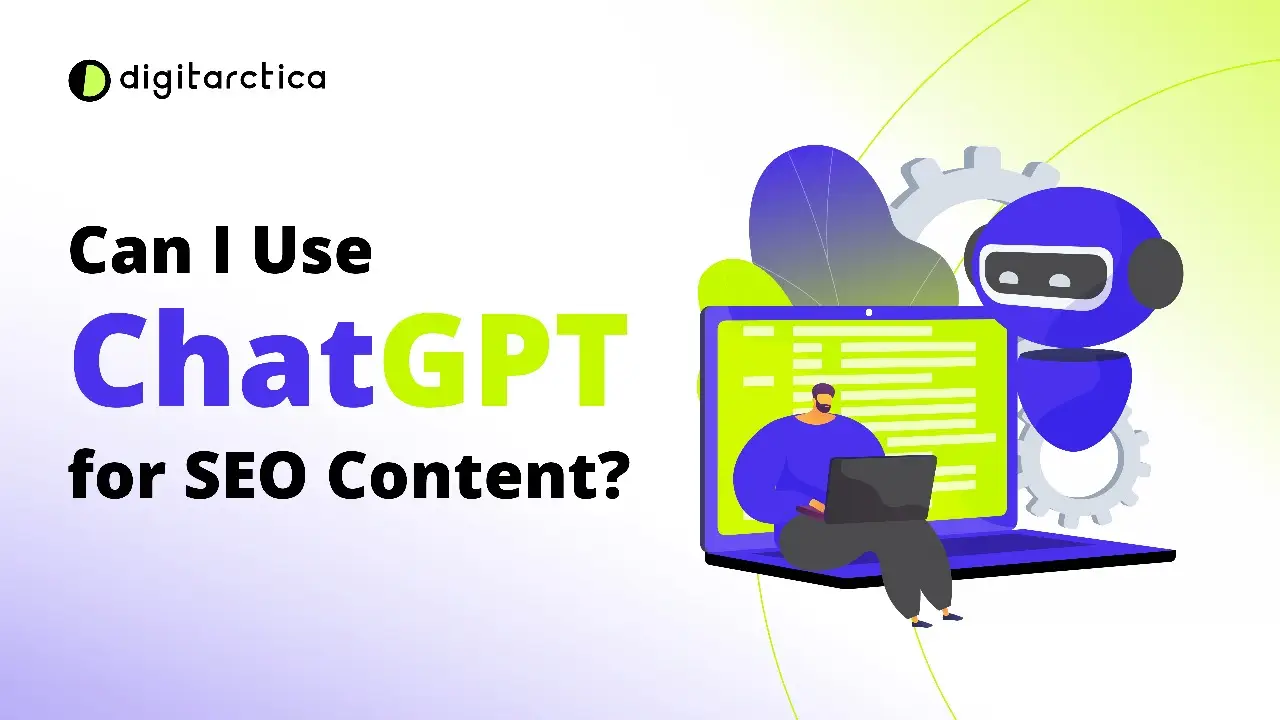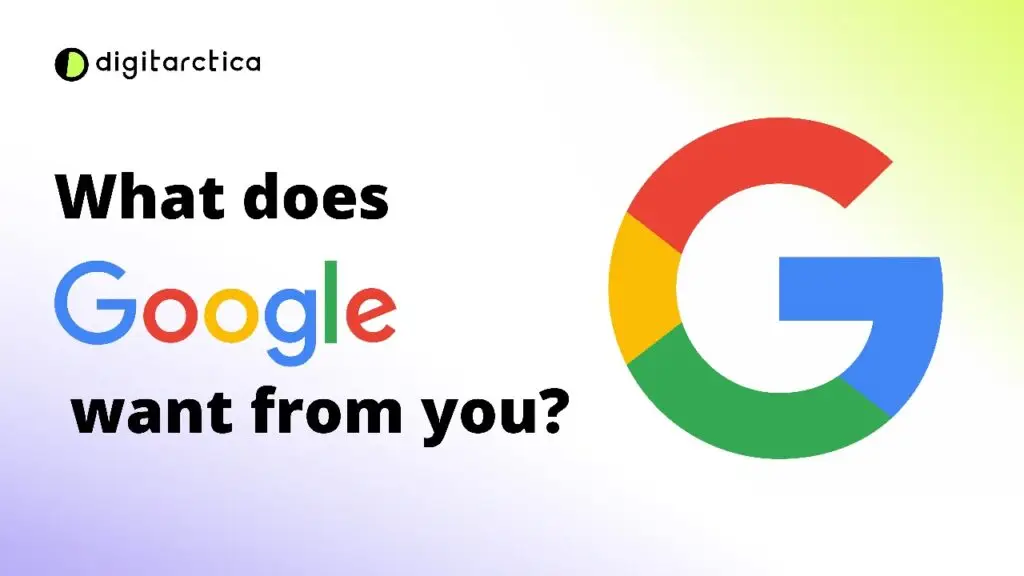
Believe us, since the generative AI introduction, we have been highly dependent on ChatGPT, the leader of GenAI to write, research and correct the content. Even some of the blog part is edited by ChatGPT and other AI sites. So it’s an important tool for us on daily work-life. But when it comes to SEO, can ChatGPT really help your content rank higher? The answer is yes—if used correctly. In my experience of crafting thousands of AI-driven SEO blogs, I’ve learned one critical lesson: without human adjustments, AI-generated content rarely breaks beyond the third page of search results.
Table of Contents
SEO is not about Keywords only. Use AI wisely.
Generally, the thought behind new digital marketers is that SEO is all about Keywords. They cram keywords in their blog and pages with the help of AI, like ChatGPT. AI can generate ideas, outline topics, and even create entire blog posts. But here’s the catch: SEO is not just about the number of keywords you can cram into an article, nor is it solely about technical perfection. The true power of SEO lies in how much value you deliver to the reader. If your audience clicks on your article but doesn’t stick around to read it, Google and other search engines will take note—and your ranking will suffer as a result.
One of the most crucial SEO signals is “dwell time”—the amount of time users spend on your page before clicking away. While AI can generate technically sound content, it often lacks the personal touch and nuance that captivates readers and keeps them engaged. This is why relying solely on AI for your SEO content could leave you stuck on the third or fourth page of search results.
In our viewpoint, the best SEO is to make your audience read the content, information or blog on your website for longer. It’s like becoming the best storyteller in the digital world.
Write the Content with AI for Humans
From our experience, raw AI-generated content can feel robotic and overly generic. While it may be grammatically correct and follow logical structures, it often misses the mark when it comes to connecting with readers on a deeper level. It misses the storytelling hence you get a higher bounce rate—both of which are negative signals to search engines.
If you’ve ever used AI tools to generate blog posts or articles, you might have noticed that they tend to follow a formulaic approach. Sentences can come across as dry, and there’s little to no personality in the writing. This is where human intervention becomes essential. AI-generated content needs to be “humanized” to succeed in SEO. Remember you are writing the content for humans to read.
So How to Humanize Your AI-Generated Content
Forget everything you read about keywords or writing skills, just focus on one thing, you are a writer and people will only buy your stuff if they find value. They will recommend it to others if it is worth it. It’s like selling a blockbuster movie with a great storyline. But it requires more than a storyline, great acting (technical SEO), great cinematography (best UI) and many other things to it. Let’s understand some strategies to make it humanize:
1. Align AI Content with Your Brand Voice & Tone
Your brand’s voice is what sets you apart from competitors, and it’s something that AI often struggles to capture. Whether your brand is casual and conversational or formal and authoritative, it’s essential that your content reflects this tone. Take the time to infuse your AI-generated text with your brand’s unique personality.
For example, if your brand has a fun, quirky voice, don’t hesitate to add humour, play with words, or use a conversational tone. If your brand is more serious and professional, focus on maintaining a clear, authoritative voice throughout the content.
2. Add Personal Experiences of Topic
One of the simplest ways to humanize AI-generated content is by including personal stories, anecdotes, and insights. Readers connect with content that feels authentic, and nothing is more authentic than real-life experiences. If you’re writing about a topic that you have firsthand experience with, share that knowledge. You should make a personal connection with your audience with your content.
For example, if you’re writing a blog about improving SEO rankings, you could include a story about how you struggled to get past page three with AI content until you started incorporating your insights and editing.
3. Incorporate Unique Perspectives and Expert Opinions
To create high-ranking SEO content, you need to offer something that AI alone cannot provide: your perspective and expertise. While ChatGPT can generate solid content on a variety of topics, it cannot share opinions, predictions, or personalized insights that come from real experience. By adding your own thoughts, professional expertise, or even interviews with industry leaders, you can elevate the content beyond what AI can produce.
For instance, if you’re discussing SEO best practices, don’t just rely on general AI-generated advice. Explain how specific strategies have worked for your business or clients, and back up your claims with data or examples.
4. Proofread and Edit for Clarity and Flow
One of the most important steps in using ChatGPT for SEO content is the review and editing process. While the AI might get the structure and key points right, it often struggles with phrasing and clarity. You’ll want to comb through the content, not just to fix grammatical errors, but to ensure that the content flows smoothly and reads naturally.
During editing, focus on removing any awkward or repetitive phrasing that might distract the reader. Adjust sentence structures, vary your vocabulary, and make sure the content has a natural, conversational tone.
5. Optimize for SEO without Compromising Readability
SEO is about more than just sprinkling in keywords; it’s about ensuring that the content flows naturally while still being optimized for search engines. ChatGPT can assist with keyword placement and structure, but the keywords need to be integrated seamlessly into the text.
Avoid the temptation to “keyword stuff”—that is, cramming your important keywords into the blog or report multiple times. Not only does this make the content harder to read, but it also signals to search engines that you are prioritizing keywords over quality. Instead, focus on making the content enjoyable to read while naturally incorporating relevant keywords.
In addition to the above strategies, you can read our blog of Best Free Tools for Search Engine Optimization to get further tools to use along with AI to optimize your content for the readers.
Your Content Should be Engaging the Reader in Many Ways
Creating content that ranks well is only half the battle. You also want your content to engage readers and encourage interaction. AI can help generate ideas or rough drafts, but it’s up to you to shape those drafts into content that connects with your audience emotionally and intellectually.
Here are some tips to engage your audience with AI-generated content:
- Ask Questions: Prompt your readers to think and respond. Questions involve users being part of the conversation and even they follow up later on your website.
- Incorporate Interactive Elements: Consider adding polls, quizzes, or calls to action that prompt the reader to participate in some way.
- Evoke Emotions: Use storytelling techniques that tap into your readers’ emotions, whether through humour, inspiration, or empathy. Emotionally resonant content is more likely to be shared and commented on.
Make a Great Cocktail with AI and Human Written Content
AI has undoubtedly revolutionized the way we create content, but it’s not a magic solution for SEO success. It can help you to write better, faster and creatively, however, you still need a Human Touch. Learn what Google wants from you to write content which is great for the user and best for the search engine. The perfect blend of human-edited AI content can help you to write better content with ranks higher on search rankings.
